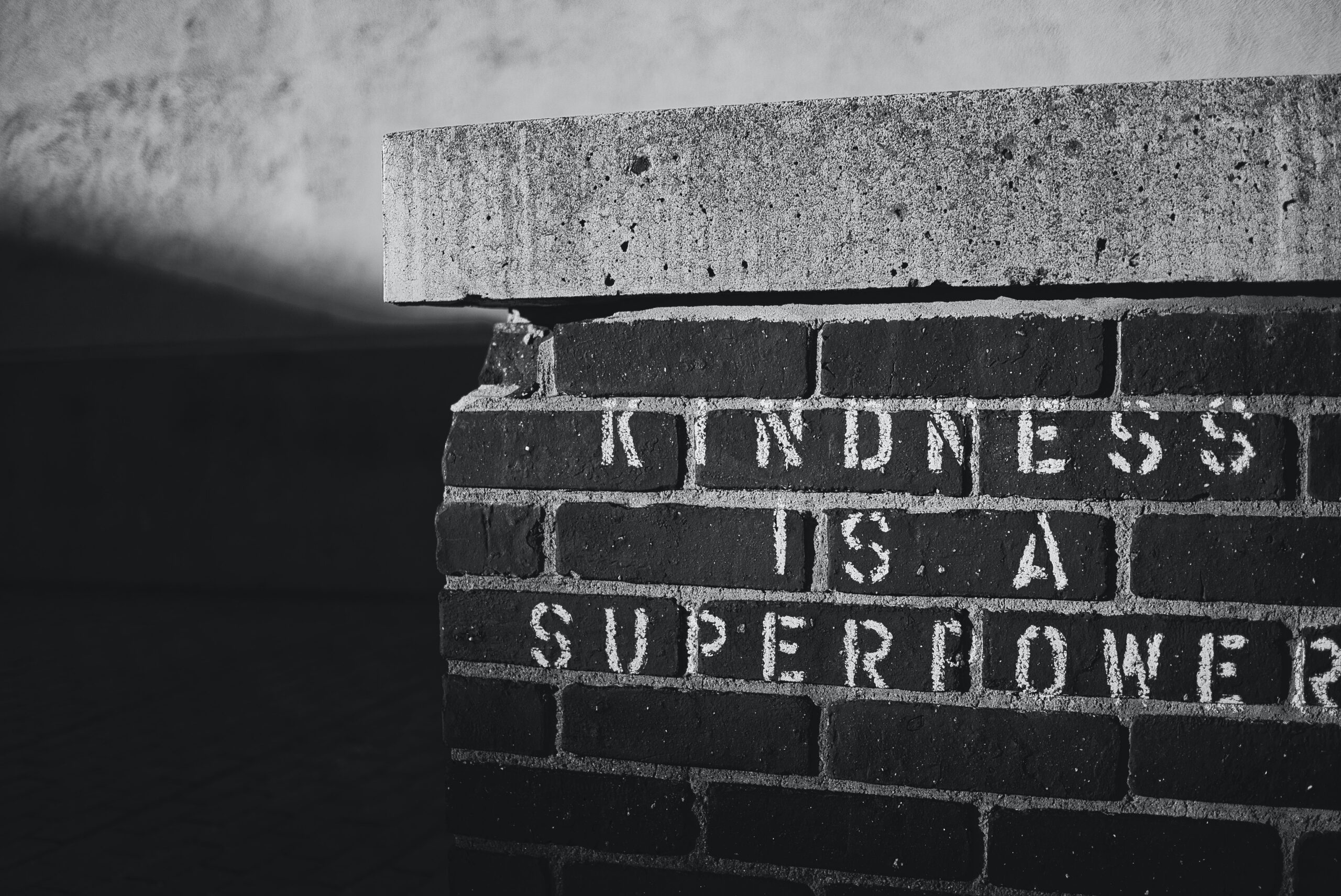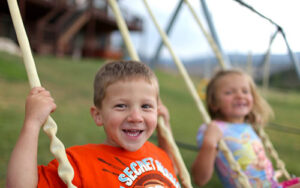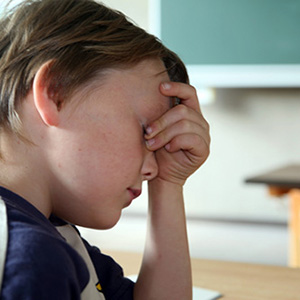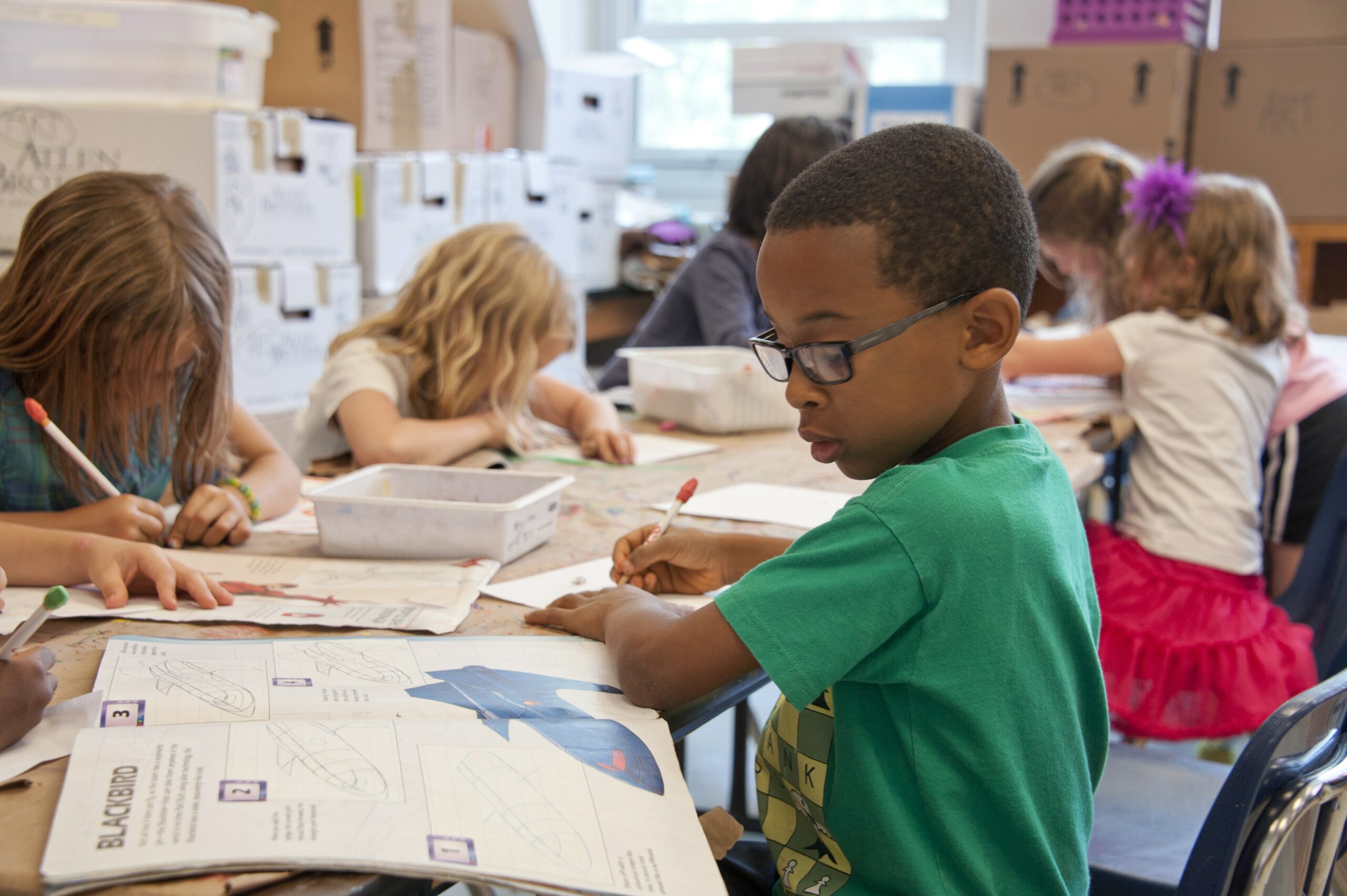
Blog
Advice for Teaching Children Kindness and Optimism
We all understand that kids learn by watching their parents and other adults in their lives. If those guiding adults are kind and optimistic, then

We all understand that kids learn by watching their parents and other adults in their lives. If those guiding adults are kind and optimistic, then




Join our community to get the latest tips, exclusive offers, and updates straight to your inbox. Don’t miss out—subscribe now and be the first to know!